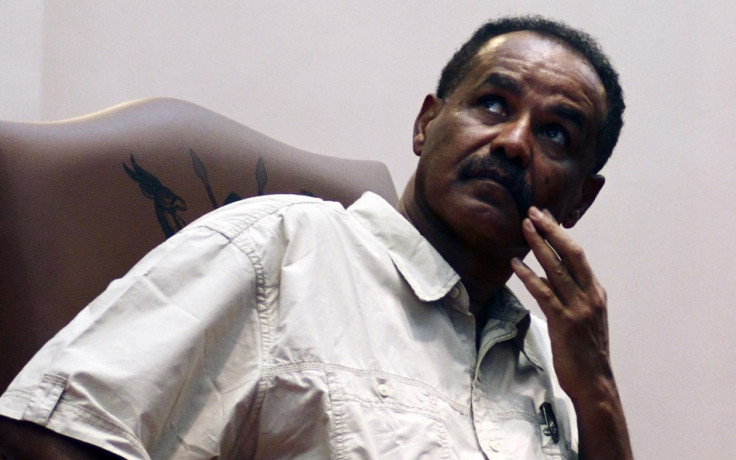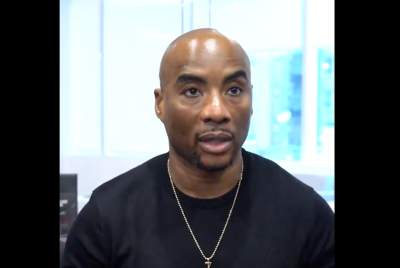Eritrea: The Coup that Never Was?
Nearly 200 renegade soldiers allegedly besieged ministry office amid coup fears.

Claims of an attempted coup by renegade soldiers in Eritrea have been dismissed by an American journalist living in the capital of Asmara.
The journalist, who has asked not to be named for fear of being forced to leave the country, described the episode as a "tempest in a teapot" and said that a widely reported bid to overthrow President Isaias Afwerki was a misinterpretation of much more banal events.
Instead of an attempted coup, the episode involved soldiers who had tried to approach the Ministry of Information building in Asmara to get grievances against their commanding officers broadcast, claimed the source.
"No shots fired, no violence whatsoever, the army played it safe and stationed a few tanks on the roads leading into the ministry but beside that there was zero army presence on the streets, not even any police activity, life went on completely normal," he added.
Earlier, it was feared that a group of rebel soldiers had besieged the Ministry of Information and forced the state media to broadcast a statement about releasing political prisoners. The channel was back on air after the alleged siege.
Reuters previously carried a report quoting an unnamed Eritrean official that nearly 200 soldiers had seized the ministry building. That story was followed by a New York Times report which said that the "coup attempt" had failed.
Eritrea - an African nation of about 5.5 million people on the Red Sea - broke away from Ethiopia and officially claimed independence in 1993, ending decades of bloody warfare.
Eritrea holds anywhere between 5,000 and 10,000 political prisoners and has often been accused of human rights violations. The United Nations has imposed heavy sanctions on Eritrea over its links with Somalian Islamic militant groups.
The country has been under Afwerki's authoritarian government for two decades.
The regime is known for muzzling its press. A 2012 report by the Committee to Protect Journalists ranked the country the worst on earth in media censorship, beating such heavy contenders as North Korea, Cuba and Saudi Arabia.
UPDATE 24/01/12: Name of journalist removed at request of source
© Copyright IBTimes 2025. All rights reserved.






















